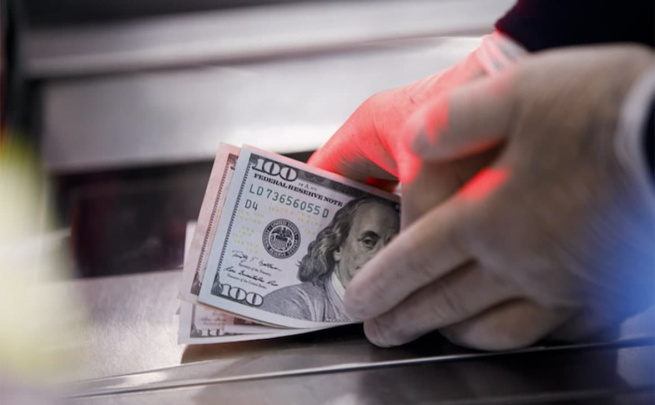Experts of the Institute of Forecasting and Macroeconomic Research (IFMR) studied the impact of the reduction of the value added tax (VAT) in Uzbekistan from 15% to 12% on the price level of consumer goods.
National supermarket prices were used as a basis for the analysis, as VAT payers and mainly formal business operators are considered.
In particular, four-month statistics on 3,754 consumer goods in 97 types were downloaded by data-scraping. The price change between December and January for each product type (treatment group) was compared with the price change between November-December and January-February (control group).
“The results show that the reduction of VAT from 15% to 12% did not lead to a corresponding decrease in prices. In particular, the price change in December-January was 0.3% higher than the price change in November-December and January-February. This means that prices, which should have decreased by 2.6%, have increased by 0.3%, even if all other factors are suspended,” the institute concluded.
In the institute’s analysis, some important facts about prices can be distinguished:
ꞏ The prices of 1,115 goods in 46 groups did not change. For example, baby food, ice cream, pasta, body care products, etc.;
ꞏ The prices of 1,306 goods in 20 groups increased by 1%. These are chocolate, sweets, hygiene products, etc.;
ꞏ The prices of 585 goods in 12 groups increased by 1-5%. For example, washing powders, fruit, meat products, milk, etc.;
ꞏ The prices of 567 goods in 7 groups decreased (up to 1.6%), such as stationery, sauces, coffee, etc.
Institute analysts include the following among the main reasons why the reduction of VAT did not affect the price level:
ꞏ The large share of the informal economy in the market of consumer goods and the fact that tax cuts are aimed at increasing the relatively small profit margins of officially operating firms;
ꞏ A competitive environment has not yet been formed in the markets;
ꞏ Other major factors affecting prices (dollar exchange rate, refinancing rate, money supply, etc.) are increasing in influence.
Earlier, IFMR experts determined that, based on the Input-Output model, the reduction of the VAT rate by 3 percentage points for 78 sectors of the economy will lead to a decrease in costs and, due to this, a decrease in prices in the real sector of the economy by 0.8 percent points. But in practice, entrepreneurs do not make a decision on transferring the tax relief to the consumer.





